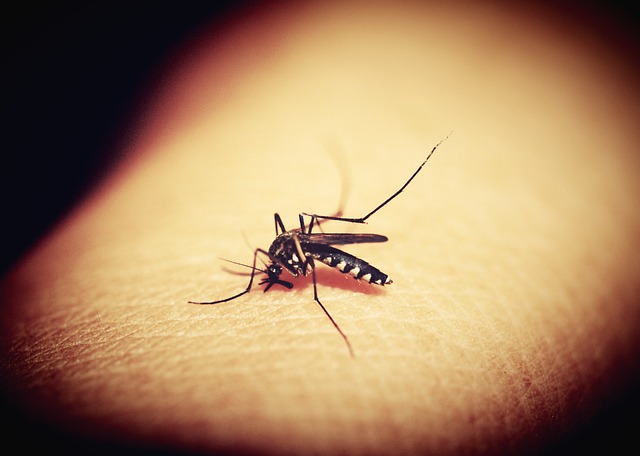The World Health Organization announced some good news Friday: Zika is no longer considered a public health emergency of global proportions.
However, the threat the mosquito-borne disease poses to pregnant women and babies is still a threat. Zika is now a chronic problem, Dr. Pete Salama of WHO says, NPR reports. He emphasizes,
It is really important that we communicate this very clearly: We are not downgrading the importance of Zika.
He further explains, “In fact, by placing this as a longer term program of work, we’re sending the message that Zika is here to stay. And WHO’s response is here to stay, in a robust manner.”
It is clear that Zika is still spreading, and cases of microcephaly are still happening worldwide. Argentina reported its first case, while Florida continues to deal with people who fall victim to the virus.
Pregnant women and their partners should remain alert regarding the palces they travel to, Dr. Thomas Frieden, director of the Centers for Disease Control and Prevention states.
“Regardless of how WHO defines Zika, [the disease] is unprecedented, and it’s an extraordinary risk for pregnant women,” Frieden says, adding, “That’s why it’s important that pregnant women not travel to places where Zika is spreading.”
These locations include countries in South America, the Caribbean, Southeast Asia, and areas in Florida.
Since Zika was declared a public health emergency by WHO in February, the pattern of infection seems to have slowed down. Back then, Brazil had over 4,000 microcephaly cases under investigation, and the virus was rapidly spreading across the world.
But Brazil has only confirmed 2,100 cases of microcephaly linked to Zika, and other countries in South America have reported fewer. Colombia has 57, and the USA has 31, WHO reports. Colombia is still looking into more than 300 microcephaly cases to see if Zika was a factor, while other countries have not been as attentive when it comes to reporting confirmed cases.
























